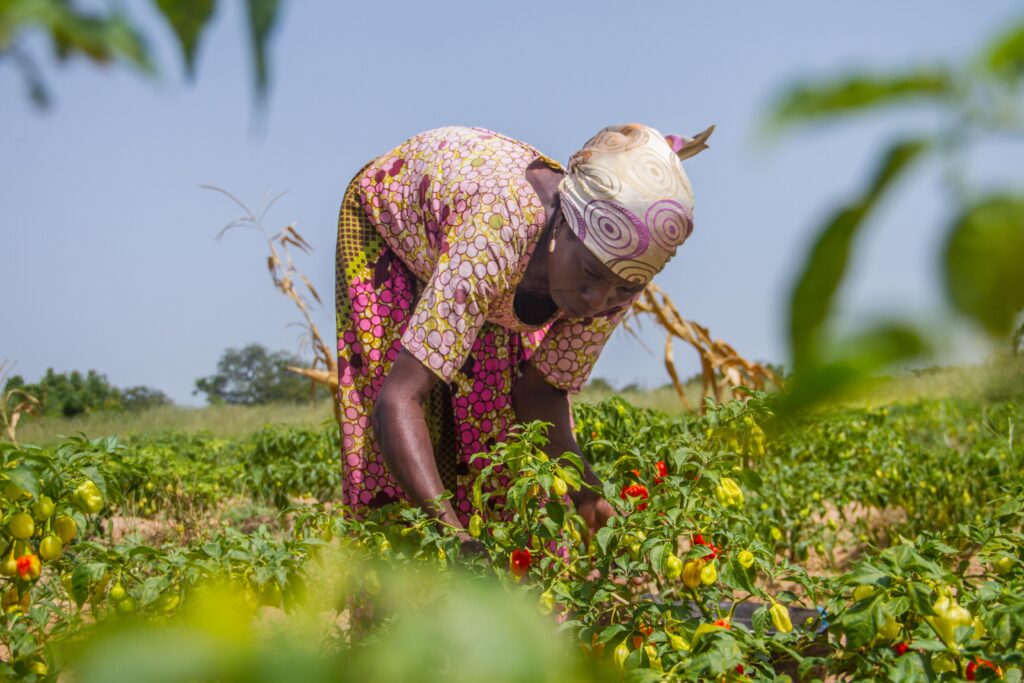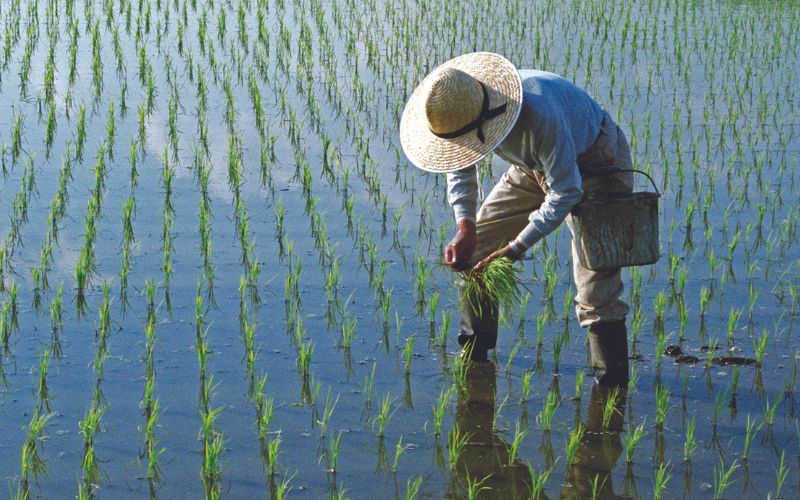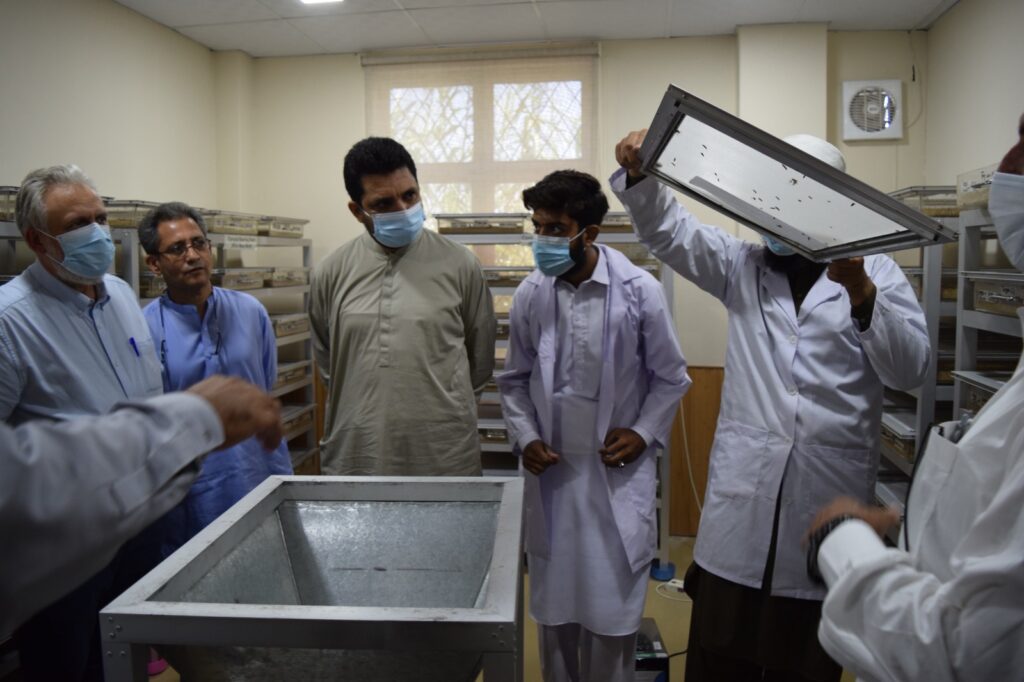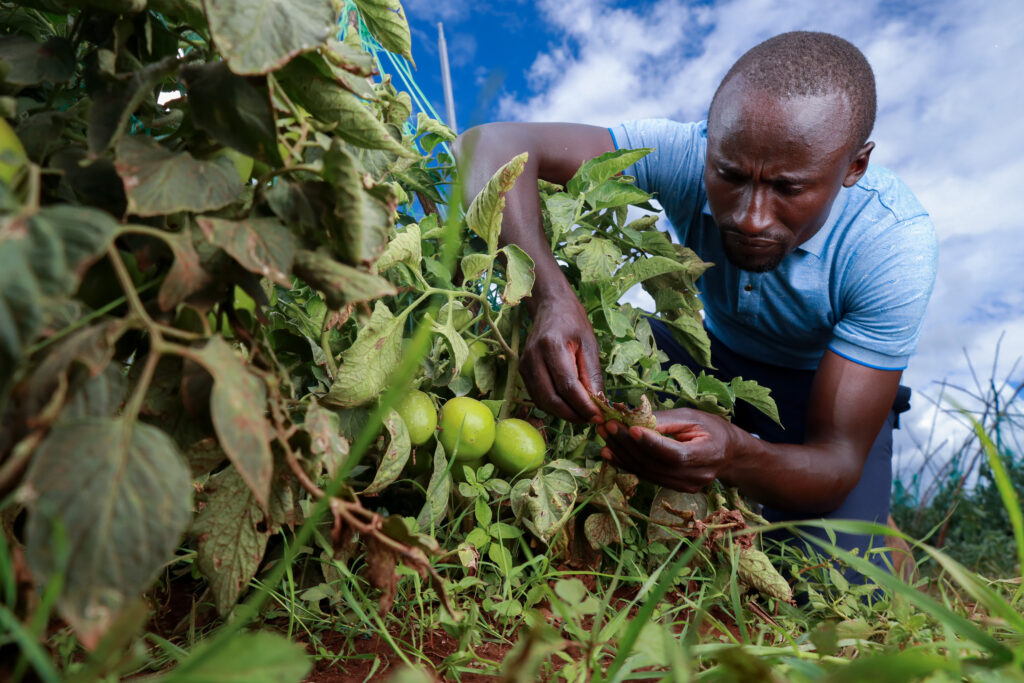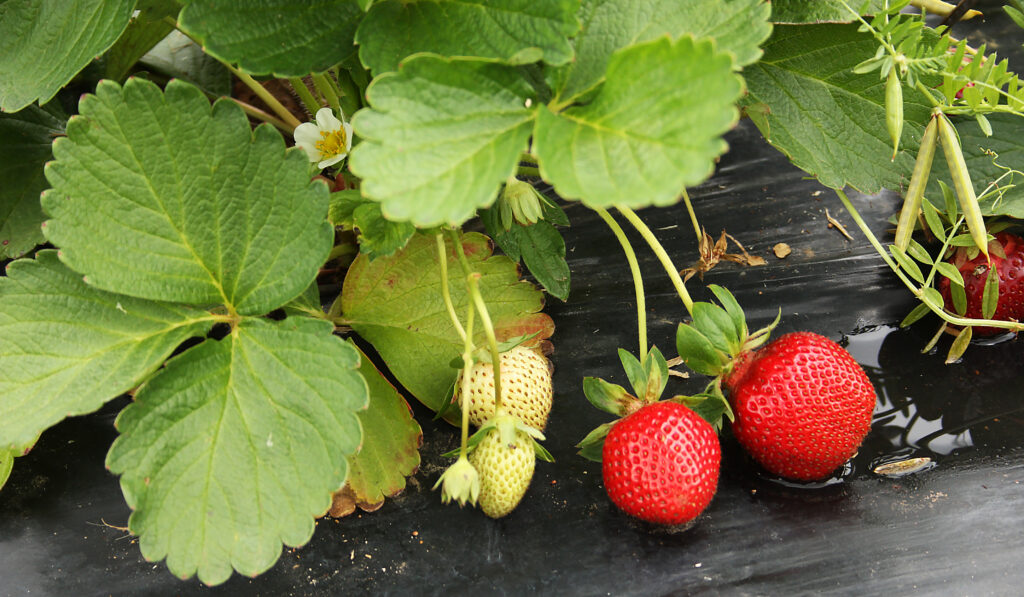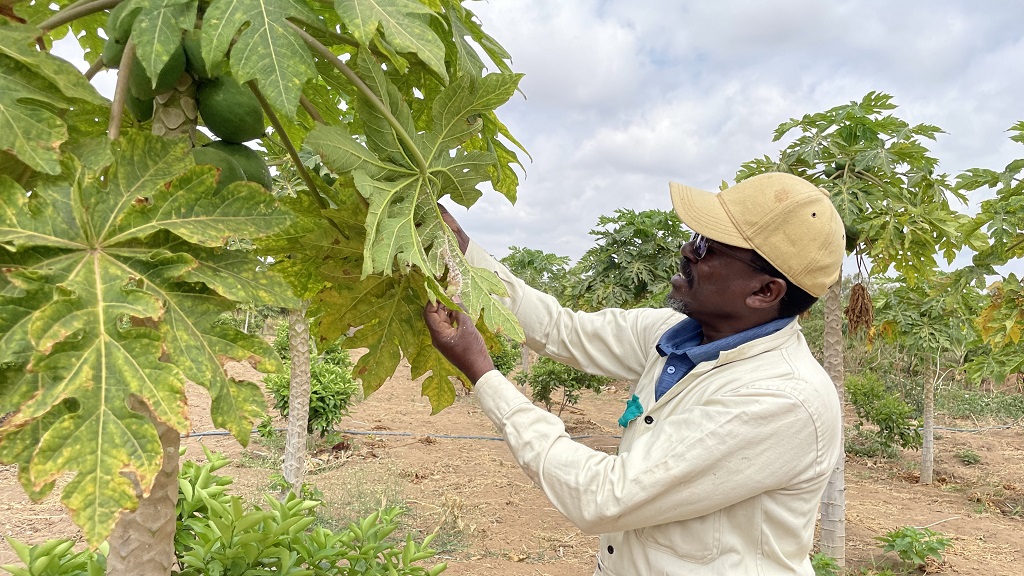PlantwisePlus most read blogs of 2023
As 2023 draws to a close, we have tallied the numbers to present the most-read articles on the PlantwisePlus Blog this year. Plus a few firm favourites. Articles on the new PlantwisePlus tools and courses were some of the most read during 2023, as well as other blogs on key topics like one health and…
Update: New Pest & Disease Records (08 December 2023)
We’ve selected a few of the latest new geographic, host and species records for plant pests and diseases from CAB Abstracts. Records this month include the first report of leaf spot on soybean caused by Epicoccum sorghinum in Heilongjiang Province, China and information about three new alien spider mites from south-eastern France.
Recommendations made for plant clinic progress in Afghanistan
Plant clinics are an important way that we support farmers in Afghanistan. The programme helps smallholders and kitchen gardeners alike. It aims to give them the knowledge they need to protect their crops from pests and diseases. And by doing this, it helps to safeguard their crop yields and livelihoods.
Digital tools workshops empower agriculture stakeholders in Jamaica
Last month a series of digital tools workshops occurred in Southern Jamaica. Organized by the PlantwisePlus team in collaboration with the Rural Agricultural Development Agency (RADA). These workshops aimed to showcase and promote the PlantwisePlus digital tools, including the PlantwisePlus Knowledge Bank, Factsheet Library App, and CABI Academy. The events catered to a diverse audience,…
New study highlights positive impact of PlantwisePlus in Ghana on gender-inclusive agricultural extension services
A new study brief shares key findings on gender-inclusive agricultural extension services in Ghana by PlantwisePlus.
Five yield-threatening pests and diseases of rice
Pests and diseases of rice are a significant constraint in rice production, accounting for up to 30% of yield losses. Rice is cultivated in over 100 countries and is a staple food source for over half the world’s population. Therefore, the sustainable management of rice pests and diseases is essential if we are to feed…
Trichogramma mass rearing facilities piloted in Pakistan
Championing sustainable agriculture by promoting lower-risk plant protection solutions to tackle crop health challenges is a key objective of CABI’s PlantwisePlus programme. In particular, the managing of plant pests and diseases. A cornerstone of this work is setting up local facilities for the mass rearing of lower-risk plant protection solutions.
Early pest warnings and IPM advice are improving food security for maize farmers in Ghana
Pest warnings are changing the way that smallholders in Ghana farm. Smallholder maize farmers in Ghana have long grappled with the challenges posed by crop pests. Over the past few years, this has included the notorious fall armyworm. This voracious invader has, in the past, led to significant crop losses. And the losses have impacted…
Update: New Pest & Disease Records (06 November 2023)
We’ve selected a few of the latest new geographic, host and species records for plant pests and diseases from CAB Abstracts. Records this month include the first report of Dolichothrips indicus in Colombia and the first report of a species of Neopestalotiopsis on strawberry in Canada.





